South Korean author Hwang Yeo Jung’s scintillating, multi-layered novel, The Specters of Algeria, was our Book Club selection for the month of April; in a narrative that holds fictions inside facts, facts inside fictions, Hwang brilliantly builds and unravels with the double-speak and intimate language of life under authoritarian governance. This invigorating book has come to us by way of the East Asia-centric publisher Honford Star, a small press that has continued to undertake the vital and thrilling work of bringing groundbreaking writers to English-language audiences. In this following interview, Laurel Taylor speaks with the co-founder of Honford Star, Taylor Bradley, about their process from obtaining rights to publication, their mission and goals, and why The Specters of Algeria is such a special title.
The Asymptote Book Club aspires to bring the best in translated fiction every month to readers around the world. You can sign up to receive next month’s selection on our website for as little as USD20 per book; once you’re a member, join our Facebook group for exclusive book club discussions and receive invitations to our members-only Zoom interviews with the author or the translator of each title.
Laurel Taylor (LT): It’s been six years since Honford Star’s founding. What led you and your co-founder Anthony Bird to form this new publishing house?
Taylor Bradley (TB): Anthony and I had known each other since 2008, when we were both English teachers at the same school in Korea. Fast forward to 2015, my wife and I were on our honeymoon in London, where we met up with Anthony and his wife for a pint at this 300-year-old pub called the Chesire Cheese. Charles Dickens was a regular there, and perhaps feeling the inspiration of the Ghost of Literature Past, Anthony and I talked about how nice it would be to have a publishing company. I continued on my honeymoon and didn’t think about the conversation again until a few months later, when Anthony messaged saying he wants to publish the classic Korean author Kim Dong-in and asked me if I want in. I said yes.
Our purpose for starting a new publishing company was to bring a broader range of East Asian stories into English. At the time, we felt the types of books being published were from an extremely narrow band. For example, there hadn’t been much, if any, Korean sci-fi translated into English. We hoped to bring things from areas like classic literature, sci-fi, and queer fiction into English. Fortunately, I think that the translated field has changed a lot in the past eight years, thanks to the efforts of indie and university presses.
LT: You and Anthony were both already working in the publishing sphere prior to Honford Star’s founding, but I’m wondering if there been any unexpected challenges along the way? Unexpected rewards?
TB: We did have experience with printing and publishing, but we had never been in charge of doing an entire book. So finding good translators, editors, artists, printers, distributor, publicists, and sales team has been a journey of trial and error. We’ve been fortunate that our network has really grown into strong group of collaborators, and we have a great printer in Korea that can make the most gorgeous books. Our sales team are a group of wizards, and the distributor is very reliable. READ MORE…


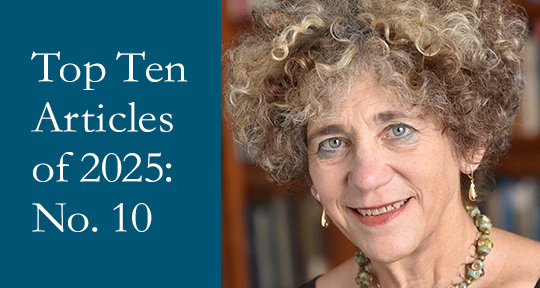
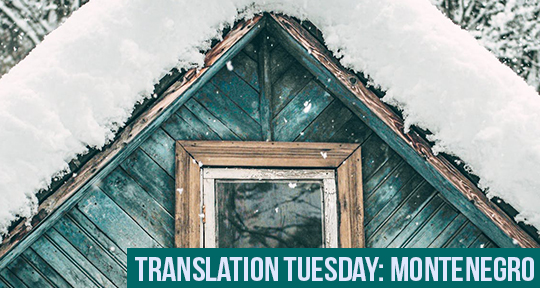
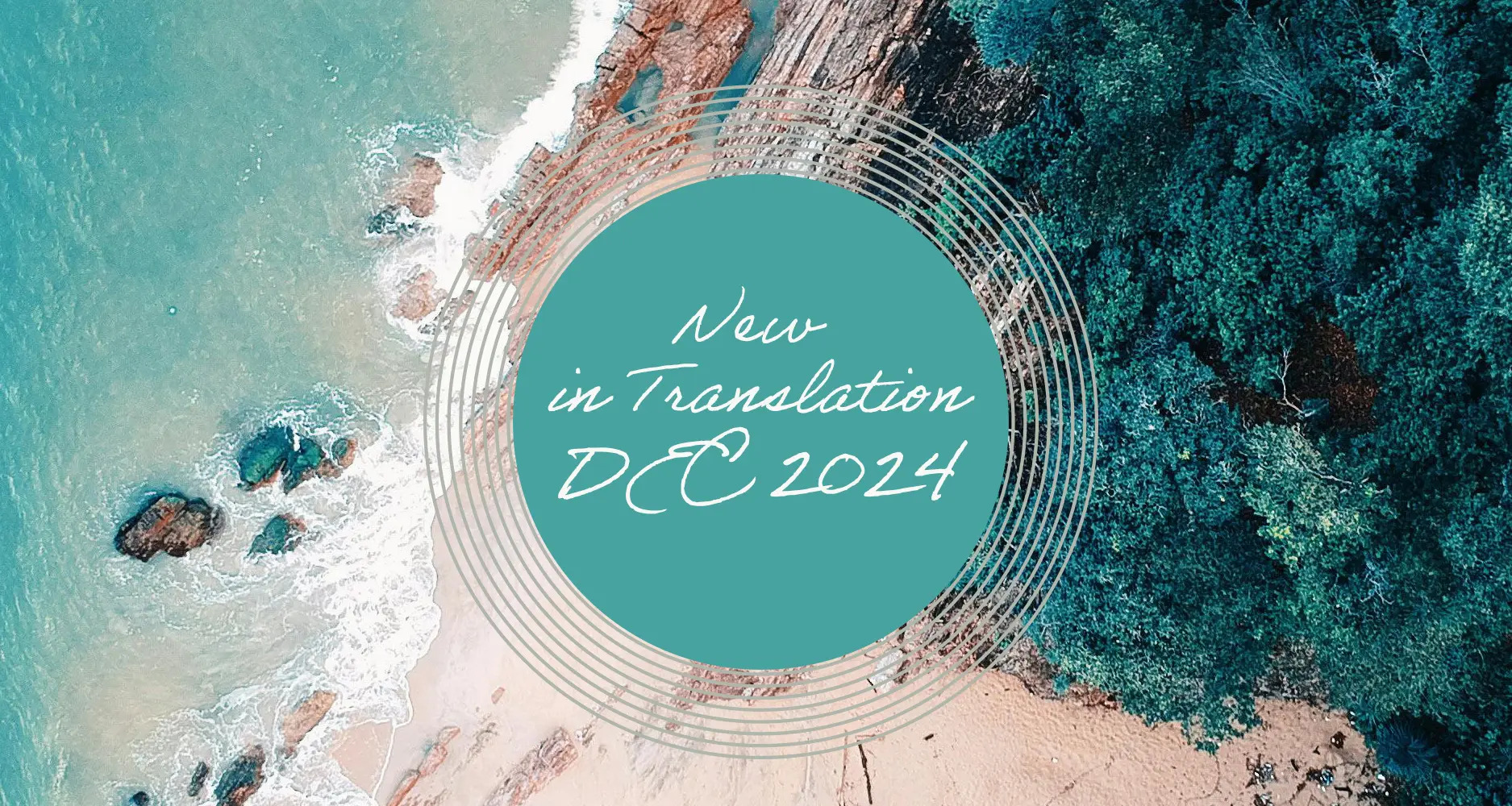
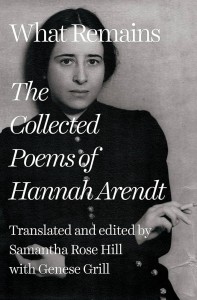
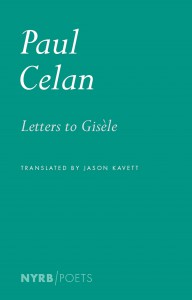





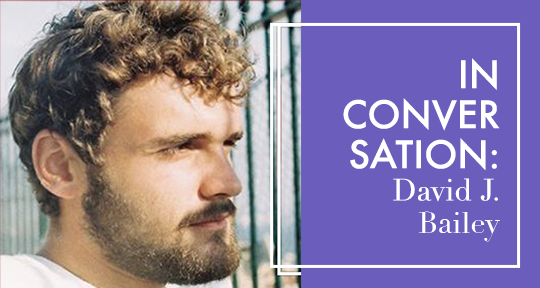
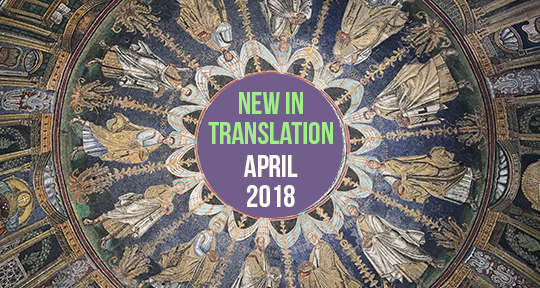
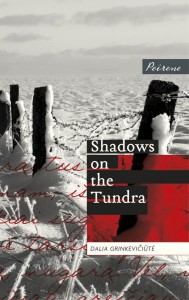
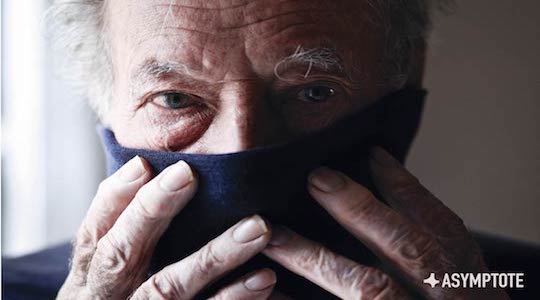
Compass and Rifle: On Roque Dalton’s Stories and Poems of a Class Struggle
No one escapes Dalton’s inquisitive pen . . .
Stories and Poems of a Class Struggle by Roque Dalton, translated from the Spanish by Jack Hirschman, Seven Stories Press, 2023
On Thursday, July 6, 2023, the inaugural day of Guatemala’s International Book Fair (FILGUA), the government of El Salvador requested organizers to exclude Salvadoran author Michelle Recinos’ Sustancia de hígado (F&G Editores) from the fair. The next day, online news outlet elfaro revealed that El Salvador’s ambassador in Guatemala had said, “It would’ve been an unpleasant thing for the government of El Salvador if this book had been a part of the fair.” Details are scarce, but presumably, this action was related to Michelle’s story Barberos en huelga, winner of the 2022 Mario Monteforte Toledo Prize, which openly criticizes sitting president Nayib Bukele’s war on gangs.
Hearing this, I can only imagine what Roque Dalton would have written about Bukele.
Roque Dalton’s Historias y poemas de una lucha de clases (Stories and Poems of a Class Struggle) dates back to 1975, and remains as timely as ever. In a time when most Central American countries are under authoritarian regimes and have experienced backslides of democracy, the life and work of Roque Dalton is at once a beacon of hope, an inspiration, and a warning sign. Historias y poemas de una lucha de clases is a book filled with courageous testimony, the poet’s typical dry humor, and bone-chilling depictions of state violence. Here, Dalton is hyperaware of the pain and plight of his compatriots, but in addition to his typical grittiness and social critique, we also find tenderness, softness, beauty, and frailty; Dalton’s acute perception is both a rifle and a compass, manifesting in words of both rebuke and encouragement.
READ MORE…
Contributor:- José García Escobar
; Language: - Spanish
; Place: - El Salvador
; Writers: - Alaíde Foppa
, - Carlos Fonseca
, - Ernesto Cardenal
, - Jack Hirschman
, - Jaime Barba
, - Julio Delfos Marín
, - Luis de Lión
, - Luis Melgar Brizuela
, - Margaret Randall
, - Michelle Recinos
, - Otto René Castillo
, - Roque Dalton
; Tags: - authoritarianism
, - Central American literature
, - class struggle
, - elfaro
, - F&G Editores
, - fascism
, - FILGUA
, - Mario Monteforte Toledo Prize
, - Salvadoran literature
, - Salvadoran poetry
, - Seven Stories Press
, - social commentary
, - social critique
, - state violence